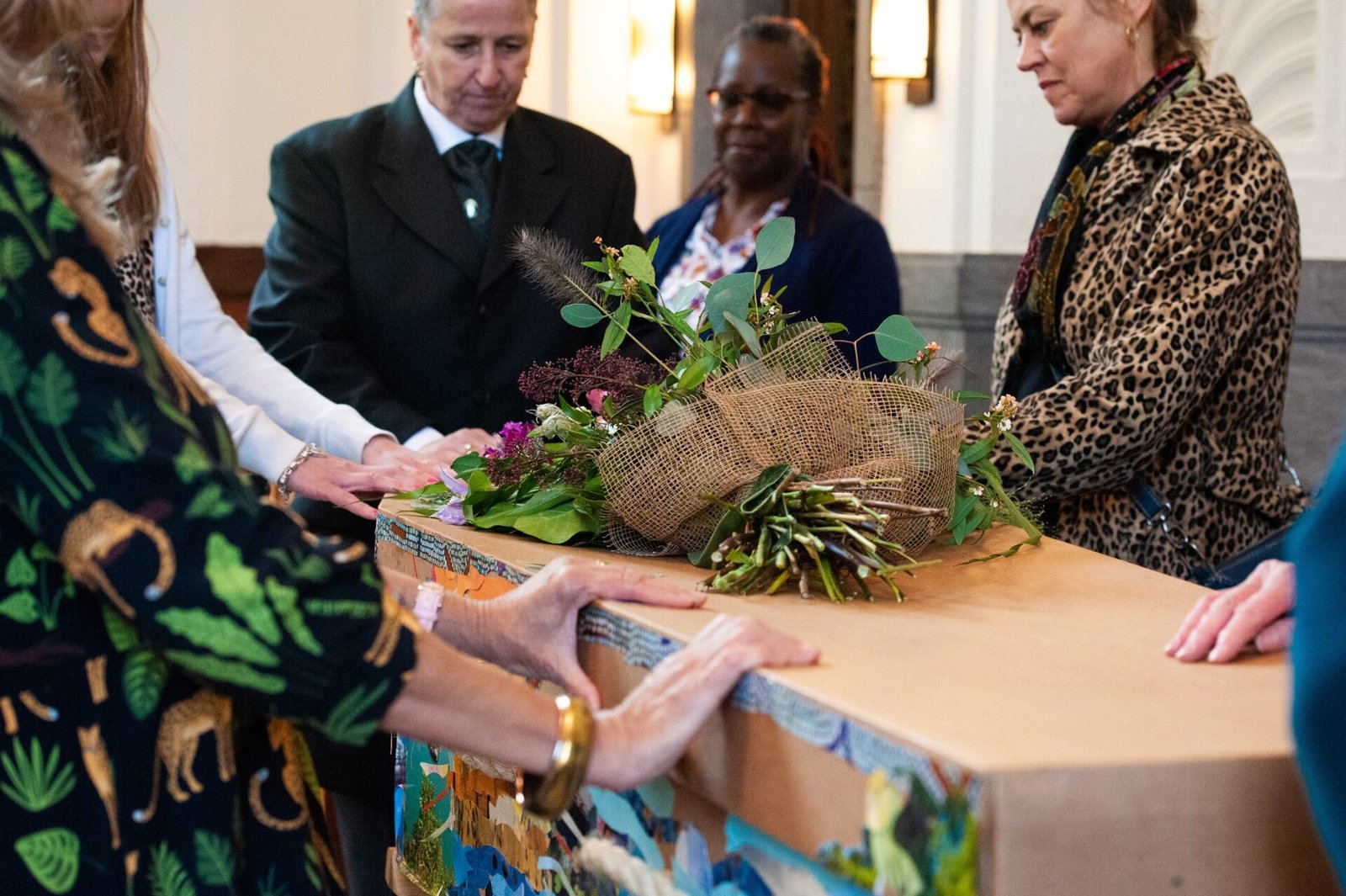The political landscape of South America has always been tumultuous, but recent events suggest a worrying trend: the exportation of Colombia’s culture of political hitjobs. The shock assassination of Ecuadorian journalist and anti-corruption advocate, Fernando Villavicencio, has reignited concerns about Colombian gangs’ growing influence beyond their borders.
A Deep Dive into Colombia’s Violent Legacy
Colombia, with its intricate history, is no stranger to political violence. Over the years, politicians, ranging from local leaders to the presidential level, have fallen prey to the brutal tactics of opponents, drug lords, and paramilitaries. Gustavo Petro, the nation’s president, is a testament to this danger, having campaigned from behind bulletproof barriers due to such threats.
However, it’s not just Colombia grappling with this form of violence. Two years after the startling assassination of Haiti’s president, allegedly by a Colombian squad, the death of Villavicencio in Ecuador further underlines the exportation of Colombia’s assassination culture.
The Assassination of Villavicencio: A Meticulous Hit
The assassination of Villavicencio was executed with chilling precision. Authorities, in their swift response, released images of six Colombian suspects involved in the hit – with one bearing the unmistakable mark of recent violence, being covered in blood. In a confrontation that ensued, another suspect met a fatal end, making it clear that this operation had deep-rooted planning and a network to support it.
El Universo, Ecuador’s prominent newspaper, didn’t mince words when reporting on Villavicencio’s demise, detailing it as a “hitman-style” operation with the victim receiving three fatal shots to the head.
This grim event resulted in a massive police operation. Raids led to the capture of the suspects and the discovery of a formidable arsenal: rifles, machine guns, grenades, and a stockpile of ammunition. This evidence pointed towards a well-organized, highly-equipped group, with significant resources at their disposal.
International Concerns and Solidarity
The ripples of Villavicencio’s assassination were felt internationally. Nicolas Maduro, Venezuela’s President, drew parallels between this incident and the 2021 assassination of Jovenel Moise, the Haitian president, noting the common thread – Colombian hitmen. Maduro’s statement painted a picture of these criminal factions taking their methods and applying them in foreign territories.
Jorge Mantilla, an expert on organized crime in Colombia, echoed these concerns. He emphasized the “specialization among Colombian criminals in the use of violence,” a grim expertise cultivated from decades of internal conflict. Mantilla alluded to the undeniable skill these groups have in integrating with international crime syndicates.
Ties to Prominent Crime Syndicates
Villavicencio had recently mentioned receiving threats from Los Choneros, one of Ecuador’s dominant criminal factions. Notably, the Insight Crime think tank links Los Choneros with Colombian drug cartels, even suggesting they have become an armed extension of these cartels. Furthermore, connections to the notorious Sinaloa cartel in Mexico underline the transnational nature of these criminal endeavors.
As Ecuador paid its respects, with Villavicencio’s coffin draped in the national flag and a symbolic presidential sash stating, “My power is in the constitution,” questions arose about the larger implications of his death. The absence of a direct claim of responsibility doesn’t lessen the grave implications for Ecuador, a nation witnessing a slide from peacefulness into the shadows of drug trafficking and organized crime.
Ecuador’s geographical position, nestled between the major cocaine-producing nations of Colombia and Peru, is both a blessing and a curse. Its lax controls have attracted international drug cartels, which have collaborated with local gangs to transport narcotics to the US and Europe. As Mantilla explains, Ecuador’s drug factions have evolved, moving from working under Colombian organizations to becoming independent powerhouses.
Repercussions and International Implications
Ecuador’s Interior Minister, Juan Zapata, has been circumspect, referring to the arrested suspects merely as “foreigners” but highlighting their role in a plot to disrupt upcoming snap presidential elections. Meanwhile, Colombian media sources have reported that these suspects had a history of criminal activity in Colombia, with charges ranging from arms trafficking to murder.
The broader international narrative is equally complicated. The assassination in Haiti had already exposed a web of intrigue, with US investigations revealing a plan that stretched from Miami to Port-au-Prince. This plan was not just about assassination but also kidnapping and installing a puppet leader. Colombia’s recognition of its role in the Haitian president’s assassination only underlines the complex nature of these exported hitjobs.
Conclusion
The assassination of Fernando Villavicencio isn’t just an isolated incident; it’s indicative of a more significant and troubling trend. The apparent exportation of Colombia’s assassination culture is a concern for nations across the Americas. The need of the hour is international collaboration to curb the influence and reach of these criminal syndicates.
Read More:
